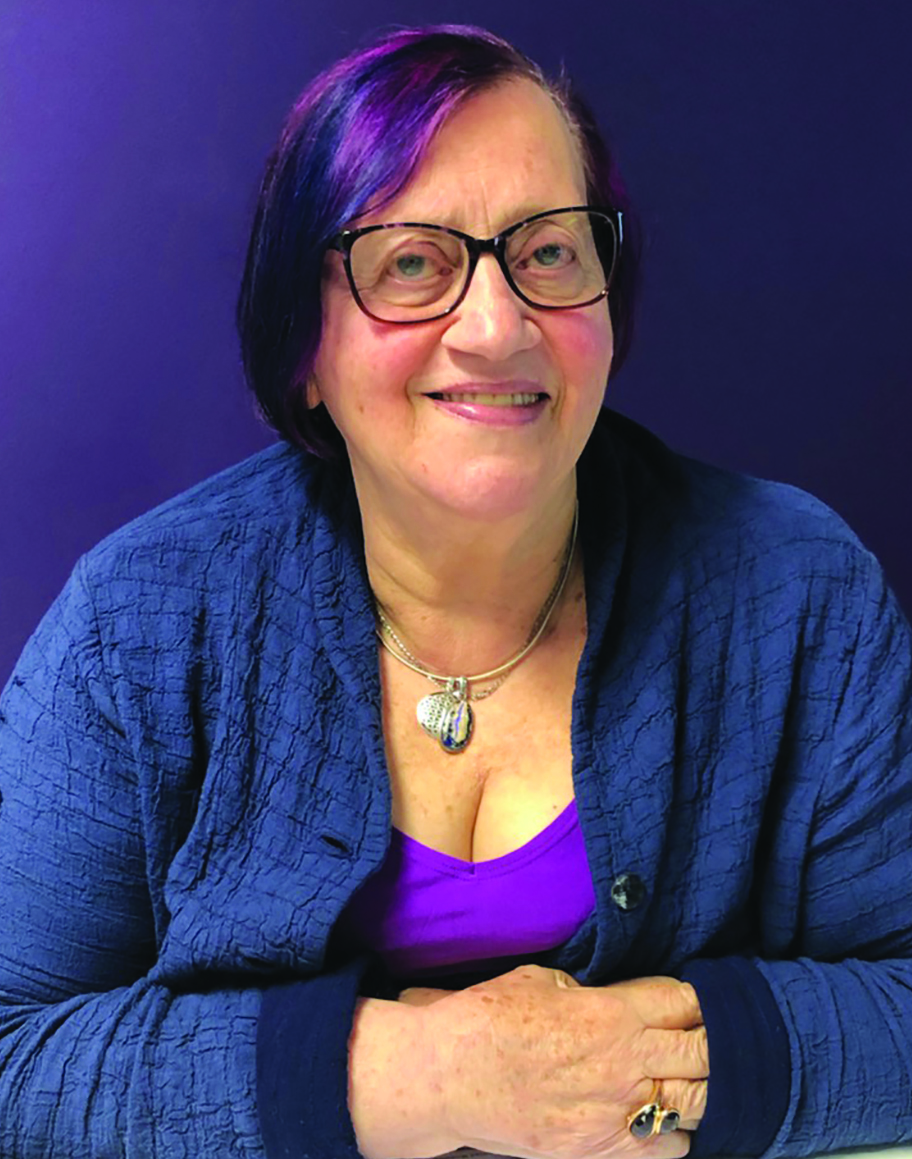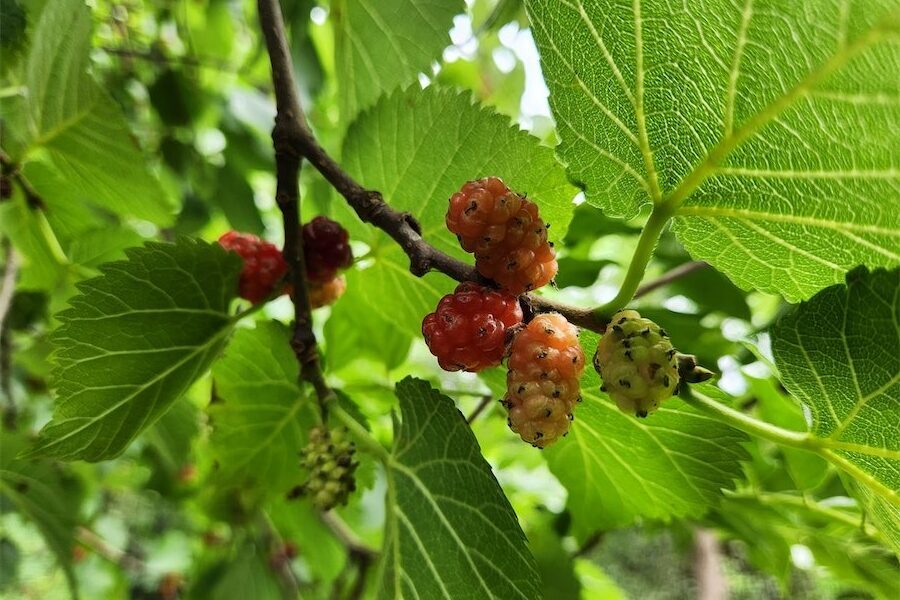
In her latest popular casebook column, GAIL FREEMAN helps a divorced couple come to terms with a capital gains surprise…
DIVORCED couple Paul and Lei came to see me, spooked at the prospect of having to pay capital gains tax on their joint property settlement.

“We finalised our property settlement recently and there is now some suggestion we may have to pay capital gains tax on our homes. Please tell us this is not correct,” said Paul.
I asked them to tell me about their properties and then I’d explain how the tax worked.
Lei said: “I live in the house, which is in joint names that we bought when we got married. Paul left there about five years ago. He has since lived in another home, which we both own”
I asked them to clarify why Paul’s house was in joint names.
Lei said: “The bank told us to do that as I had the money for the deposit and because the original house was in joint names.”
I said: “Okay, now this is how capital gains tax works: while you are married, you can both own half a house. It doesn’t need to be the same house, but in your case it was.
“So that house is your main residence and is subject to the main residence exemption, but only while you both live there.”
When the marriage broke up and the house passed to Lei, Paul’s share of that house rolled over to Lei (as stated in the consent orders) and the capital gains tax liability, if any, passed to Lei as if Paul had never owned it. So, as Lei’s principal place of residence, it would be 100 per cent capital gains tax free.
“However, in the case of the second property, while it is 100 per cent your main residence, Paul, you own 50 per cent of it and Lei owns the other half,” I said.
“Accordingly, Paul, your 50 per cent is capital gains tax free from the date of purchase to the date of sale, but the half of this property owned by Lei appears to be subject to capital gains tax from the date of purchase to the date of transfer to Paul.
“After that date, that 50 per cent becomes Paul’s and is capital gains tax free.
“There will be some reduction in the capital gains tax payable for holding costs, which include 50 per cent of the rates, 50 per cent of the interest, 50 per cent of the insurance, 50 per cent of the body corporate fees and 50 per cent of the water rates for that period pre-transfer. As to any other costs that you incurred during this period just check with me if they are claimable.
“Also remember that you can claim 50 per cent of the stamp duty and legal fees on purchase.”
Paul expressed dismay at this outcome, saying they couldn’t work out what the capital gains tax was likely to be as they didn’t know what his house would sell for in the future.
I agreed, saying: “You’re right, Paul, but the tax will be reduced because of the expenses that can be claimed and added to the cost base of Lei’s share.
“It is just a shame that the bank advised you to do this because if you had put the property in your name solely there would be no capital gains tax at all for either of you.”
If you need guidance on any tax matters contact the experts at Gail Freeman & Co on 6295 2844, email info@gailfreeman.com.au or visit gailfreeman.com.au
Disclaimer
This column contains general advice, please do not rely on it. If you require specific advice on this topic please contact Gail Freeman or your professional adviser.
Authorised Representative of Lifespan Financial Planning Pty Ltd AFS Lic No. 229892.
Who can be trusted?
In a world of spin and confusion, there’s never been a more important time to support independent journalism in Canberra.
If you trust our work online and want to enforce the power of independent voices, I invite you to make a small contribution.
Every dollar of support is invested back into our journalism to help keep citynews.com.au strong and free.
Thank you,
Ian Meikle, editor




Leave a Reply